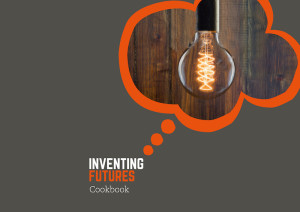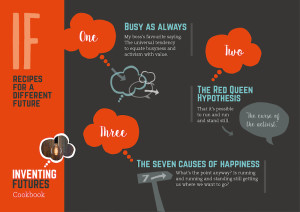 Home
Home
The sweet smell of success
Ben Wisner and I received the ‘outstanding paper of the year’ award from the International Journal of Disaster Prevention and Management for our paper ‘Lets Talk about You’ published 2016 (and available in ideas and stuff ). You can read about it here: http://emeraldgrouppublishing.com/authors/literati/awards.htm?year=2017 There’s rather a long list of awards so you might take some time finding it! Encouraging as we’re now working on a whole guest-edited issue for the same journal.

